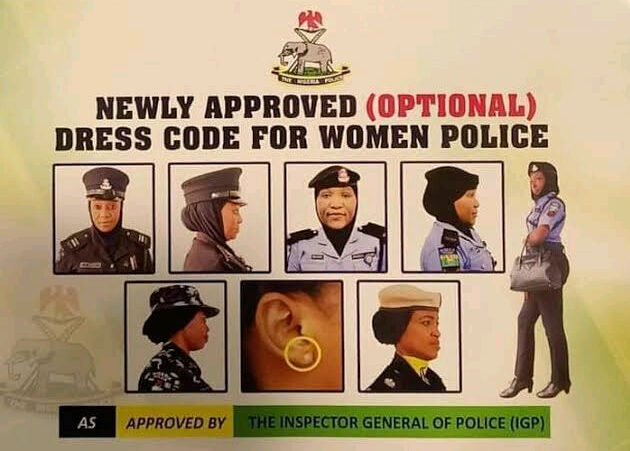OAU Students Reject New Dress Code, Claim Violation of Rights
Students of Obafemi Awolowo University (OAU) in Ile-Ife have strongly opposed a newly approved dress code introduced by the university’s Governing Council, calling it a violation of their fundamental rights. The dress code, which was recently ratified, has sparked significant backlash, with students arguing that it infringes on their freedom of expression and individuality.
In a statement released on Thursday, July 24, 2025, the Great Ife Students’ Union, led by President-elect Adelani Oluwatodimu, Secretary-General-elect Habeeb Isa, and Public Relations Officer-elect Olowosile Oreoluwa, expressed their disapproval of the dress code policy, which they described as an unjust imposition on students’ rights. The union emphasized its commitment to protecting students’ rights, drawing attention to previous instances, such as the 2023 dress code circular, which was eventually reversed after facing similar opposition.
The union criticized the harsh sanctions outlined in the policy, including the possibility of one or two semesters of rustication for students found in violation of the dress code. They described these sanctions as outdated and out of touch with students’ constitutional rights. According to the union, such measures suppress the fundamental rights of students to express themselves, dress according to personal preference, and maintain their individuality. They argue that the sanctions violate Section 35 of Nigeria’s Constitution, which guarantees personal liberty, and undermine other rights such as freedom of thought, conscience, religion, movement, and protection from discrimination.
The union has called on university authorities to distance themselves from the punitive policy, similar to how they reversed their stance on the 2023 dress code. They also urged students to stay united in the fight against policies that threaten their freedom of appearance, belief, and identity.
The new dress code, approved by the university’s Governing Council on June 13, 2025, was crafted in response to recommendations from the Division of Student Affairs and the Legal Review Committee. The university’s document stated that the dress code was designed to promote public decency and ensure security on campus. The code lists several actions that would attract penalties, including rustication for wearing dreadlocks, off-shoulder clothing, crop tops, sagging trousers, and tattoos. A second category of violations, such as coloured hairstyles or “unwelcome touching” of the opposite sex, could result in rustication for up to two semesters.
However, the Legal Review Committee’s recommendations had suggested a more balanced approach to sanctions. They proposed issuing official warnings for first-time offenders and suggested more severe penalties only for repeated violations. The committee also raised concerns about vague terms such as “sexually provocative dresses,” recommending that “indecent dressing” be used instead to ensure clarity and fairness.
The Students’ Union concluded their statement with a call for all stakeholders to uphold a campus environment that is inclusive, respects diversity, and does not impose arbitrary restrictions on personal choices.
















